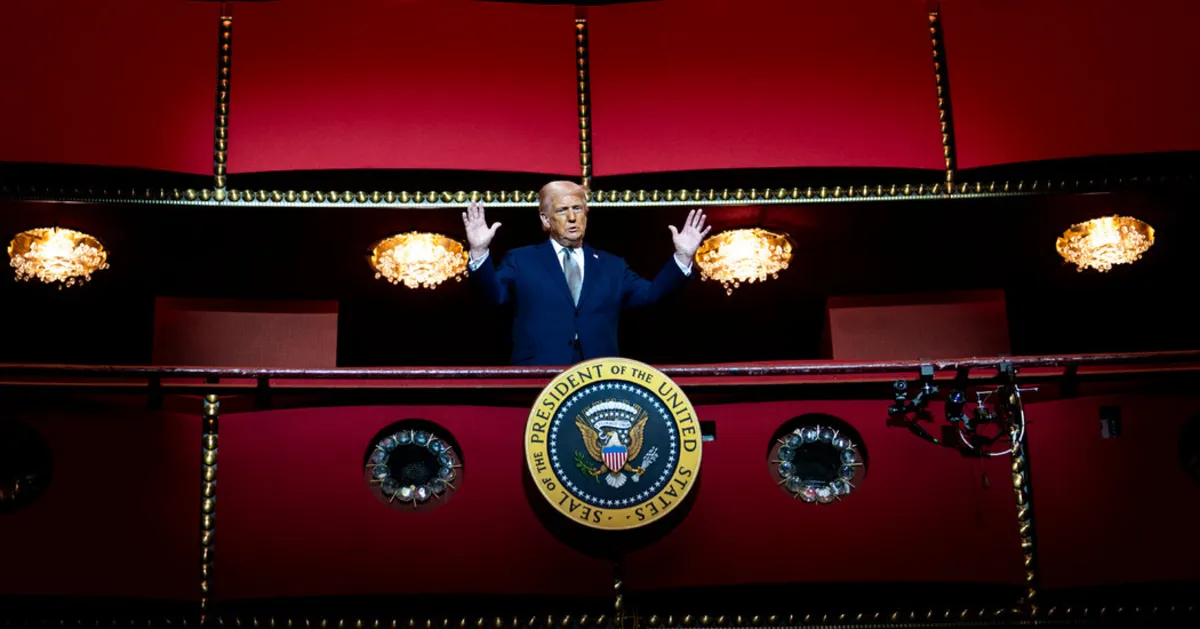
President Trump’s ongoing conflict with the federal courts is drawing significant attention from scholars, who note that his approach is remarkably aggressive compared to similar disputes observed in other countries. Unlike leaders who have historically sought to subvert or restructure the judiciary, Trump appears to act as if judges are already too feeble to effectively limit his power. This unique stance raises concerns about the implications for democracy in the United States.
“Honest to god, I’ve never seen anything like it,” stated Steven Levitsky, a Harvard political scientist and coauthor of the influential books “How Democracies Die” and “Competitive Authoritarianism.” Levitsky's observations highlight that in comparison to other instances of democratic backsliding, such as those seen in Hungary, Poland, and Turkey, Trump's actions over the initial months of his presidency have exhibited a level of aggression that is “much more aggressively authoritarian than almost any other comparable case.”
Levitsky emphasizes that while many autocratic leaders have historically constrained the judiciary's power by appointing compliant judges or modifying the laws governing judicial authority, it is particularly rare for leaders to outright claim the power to disregard or override court orders right after assuming office.
In Turkey, for instance, President Recep Tayyip Erdogan undertook a massive purge of thousands of judges from the judiciary as part of a broader strategy to consolidate power. However, this required decades of effort and multiple constitutional amendments, only culminating in success after a failed coup in 2016 provided political justification for these actions.
Similarly, in Hungary, Prime Minister Viktor Orban has effectively packed the constitutional courts with judges who align with his political agenda. This strategy involved forcing hundreds of judges into retirement over several years through constitutional amendments and administrative changes, showcasing a more gradual and systematic approach to undermining judicial independence.
The current situation in the United States under President Trump raises critical questions about the future of democracy and the rule of law. As Trump continues to challenge the authority of the federal courts, the potential for long-term consequences on judicial independence and democratic governance becomes increasingly apparent. Scholars and political observers are closely monitoring these developments, as they may have lasting implications for the integrity of democratic institutions in America.
For those interested in a deeper understanding of these issues, many resources and analyses are available to explore the dynamics of power and the judiciary in contemporary politics. The discussion surrounding Trump's actions emphasizes the need for vigilance in protecting democratic values and the essential role of an independent judiciary.